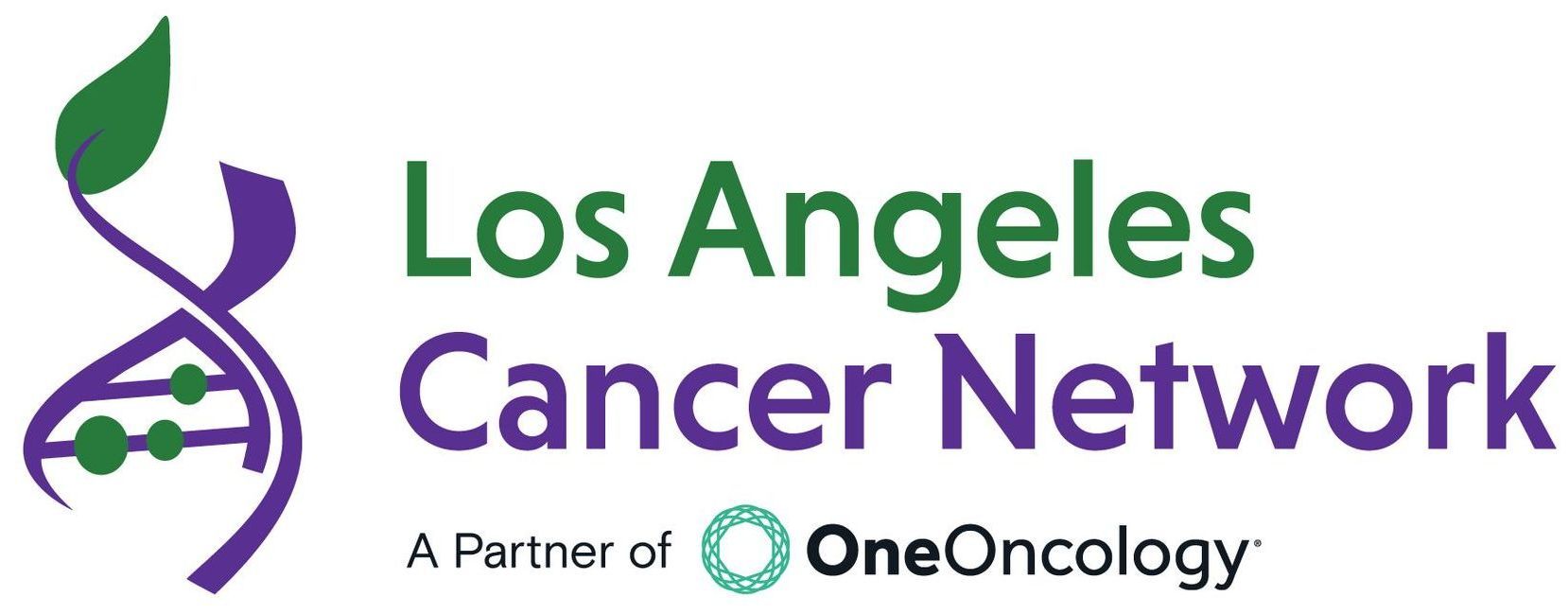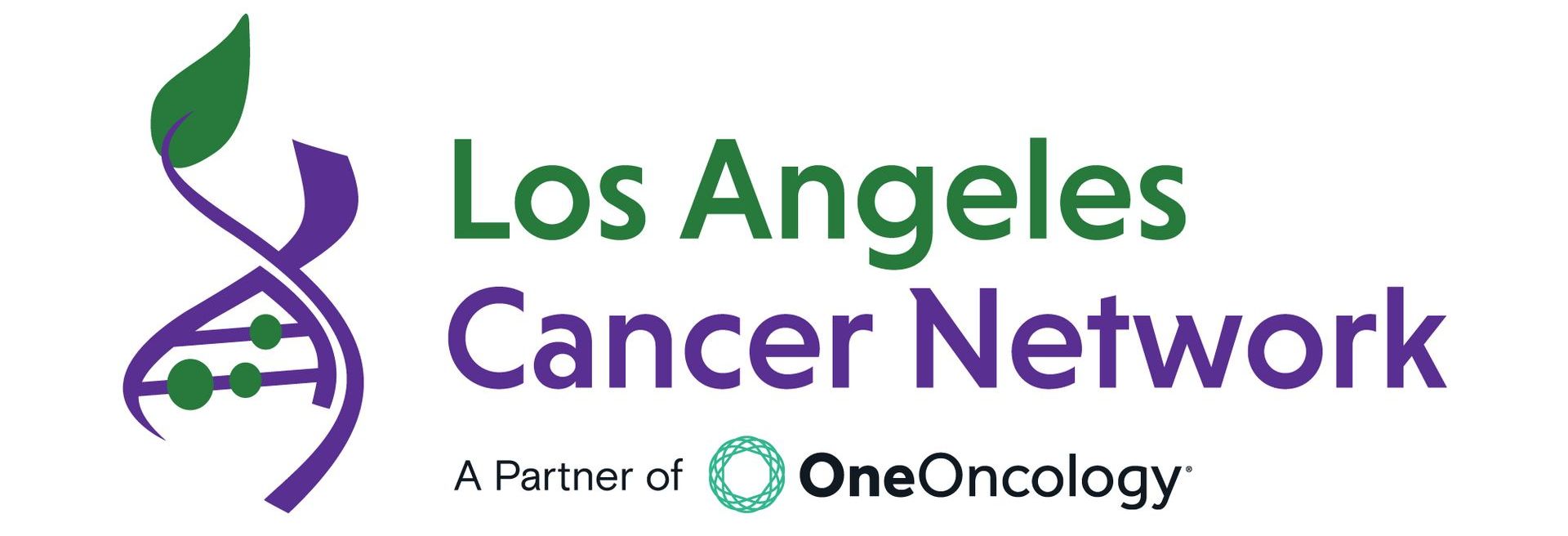What Are Coagulation Disorders?
Coagulation is the process by which our bodies form blood clots. Blood clotting requires platelets and several different kinds of proteins in order to be successful. If a blood vessel is damaged, blood may escape the vessel. It is important blood remain in our blood vessels because, in addition to performing many other functions for our bodies, blood carries oxygen and nutrients to our tissues and carbon dioxide and waste products of metabolism away from our tissues. In many ways, this maintains the healthy functioning of our bodies. Blood clotting is important because it allows the body to stop the flow of blood out of damaged blood vessels.
Bleeding disorders, a type of coagulation disorders, occur when our bodies cannot clot blood effectively, so excessive amounts of blood can leave the vessels, and there is less blood available in our body’s circulation to carry nutrients, exchange carbon dioxide and oxygen with our tissues, and remove waste products of metabolism.
In another type of coagulation disorders, blood clotting occurs in excess and blood clots form when they should not. For example, in thrombosis, a blood clot may form in a blood vessel that is not damaged and prevent blood circulation.
Coagulation Disorders: Causes and Management
There are many different coagulation disorders, and each has its own cause. If you have a coagulation disorder, it is important to discuss with your physician which type you have and develop a personalized plan for how to best address its management.
It is important to also discuss all of your options for managing a coagulation disorder with your doctor to help make the decision that best fits your needs. Some important factors to consider when deciding on a plan to manage a coagulation disorder include:
- Your age, health, and lifestyle.
- Any other serious health conditions you have.
- Your feelings about the need to treat a coagulation disorder right away.
- Your doctor’s opinion about if you need to treat a coagulation disorder right away.
- The likelihood that treatment will help manage your coagulation disorder.
- Possible side effects from each treatment method.
You may feel the need to make a quick decision, but it is very important to ask questions if there is anything about which you are not sure. It is very important for you and your doctor to communicate and work together to weigh the benefits of each treatment option against the possible adverse side effects and to ultimately determine what treatment option is best for you.
How Are Coagulation Disorders Detected?
Our specialists collect information regarding medical history, surgical history, social history, and family history; conduct laboratory testing, and review radiological studies to approach patient care in the most comprehensive and personalized manner.
A coagulation disorder may be detected with the help of laboratory testing. Testing will allow your doctor to understand if you have any gene mutations, clotting factor deficiencies, and have a healthy amount of functional platelets.
Signs and Symptoms of Coagulation Disorders
The following may be indicative of a coagulation disorder but may also be indicative of other illnesses:
- Anxiety
- Blood found in urine
- Blood found in the stool
- Cough
- Difficulty breathing
- Discoloration of the skin
- Elevated breathing rate
- Elevated heart rate
- Excessive and/or unexplainable bleeding and/or bruising
- Fatigue
- Fever
- Frequent bleeding from the nose
- Frequent headaches and/or migraines
- Loss of consciousness
- Nausea and/or vomiting
- Pain, swelling, and/or warmth
- Sweating
- Vision impairment
It is important you tell your doctor if you have any of these signs and symptoms, so he or she may determine their cause and plan treatment, if necessary.
How Are Coagulation Disorders Detected?
Our specialists collect information regarding medical history, surgical history, social history, and family history; conduct laboratory testing; and review radiological studies to approach patient care in the most comprehensive and personalized manner.
A coagulation disorder may be detected with the help of laboratory testing. Testing will allow your doctor to understand if you have any gene mutations, clotting factor deficiencies, and have a healthy amount of functional platelets.
Our Approach
The doctors here at LACN are here for you every step of the way through your journey. Our specialists can provide you with comprehensive, personalized care to help from diagnosis to remission and thereafter.












